BBC News, and Sky News report progress towards protecting the UK’s environment has been “painfully slow”, a government spending watchdog has warned. The Public Accounts Committee pointed out that ministers had first pledged a decade ago to improve the natural environment within a generation. But it complained of serious delays in tackling “critical” issues like air pollution, water quality and wildlife loss.
Monthly Archives: February 2021
Traffic noise is making female crickets less picky
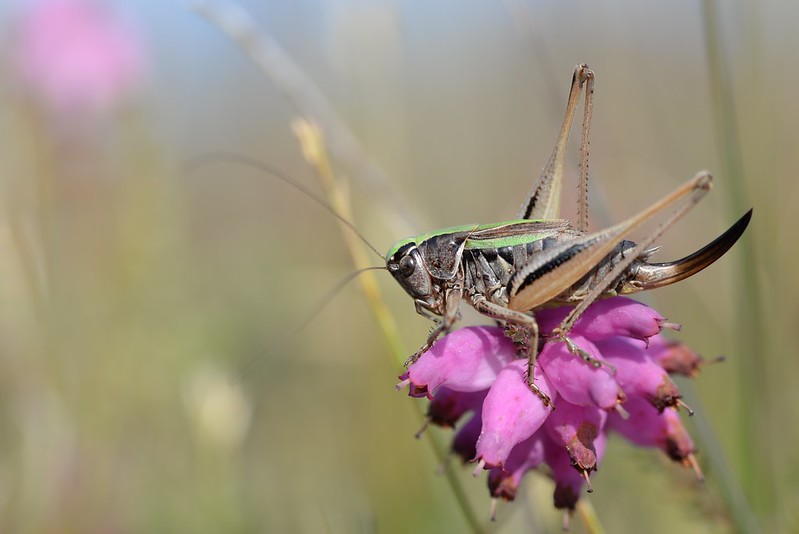
Photo by Will Atkins under creative commons
iNews reports traffic noise makes female crickets less picky when choosing a mate, a new study from Anglia Ruskin University suggests, threatening their long-term survival. Male crickets perform courtship songs to attract a female by rubbing their wings together. Females will generally pick the male with the best serenade. But road noise is making it harder for female crickets to distinguish between a top notch song and an off-key performance, the researchers said.
UK crane population hits highest level in 400 years
The Independent, Daily Mail, and iNEWS report the number of cranes inside the UK has reached an all-time high since the species became extinct here 400 years ago, a survey has revealed. The research from 2020 – shared by the Royal Society for the Protection of Birds (RSPB) on Monday – found 64 new pairs living across Britain, which produced 23 chicks, bringing the total UK crane population to more than 200.
Flooding risk rises as UK’s wetlands lost
The Guardian reports this has been another wet winter of big downpours and flooding, but that should come as no surprise. Winters in the UK are turning increasingly wet and climate change predictions point to even wetter winters and record-breaking rainfalls in the future. Flooding from these rains is not inevitable, though. More than 5m homes in England are at risk of flooding, and yet one in 10 new homes are being built in high-risk flood areas. These are largely flood plains, typically flat, low-lying land around rivers that would naturally waterlog like a sponge, creating a mosaic of wetlands that help soak up the water that would flood elsewhere.
Chris Grayling leads Tory drive to protect UK’s declining hedgehog populations
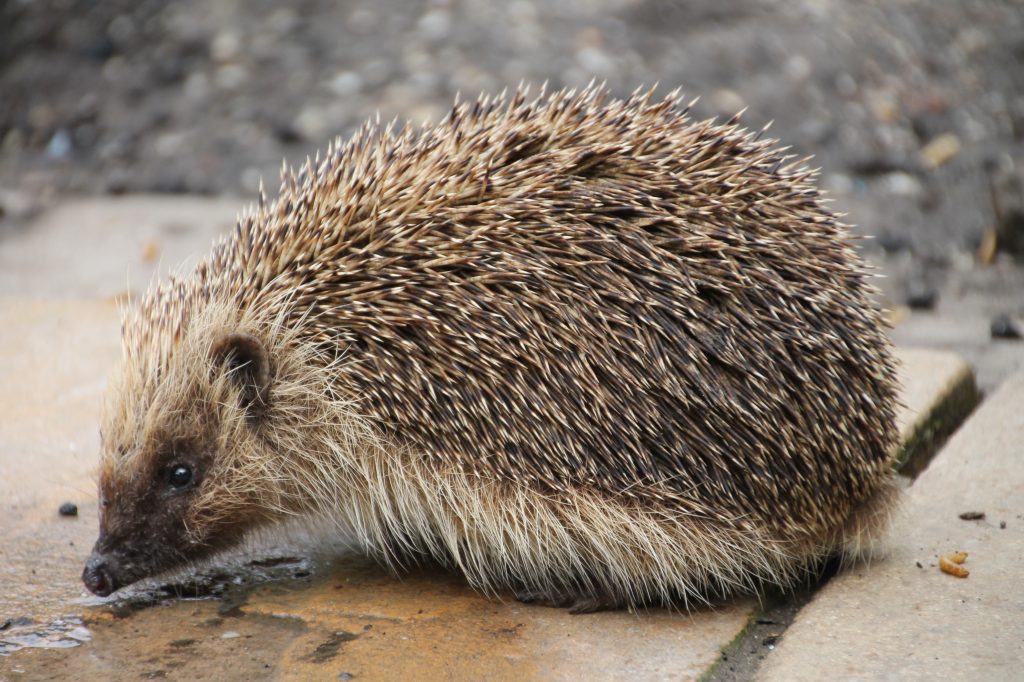
The Independent reports a proposed amendment to delayed Environment Bill would afford UK’s embattled hedgehogs same level of protections as bats and badgers. It would require developers to look for hedgehogs on proposed sites and take action to reduce the impacts on them.
UK government backs birth control for grey squirrels
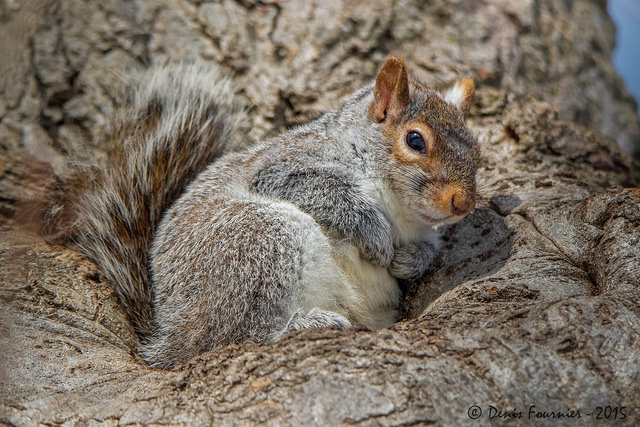
BBC News reports environment minister Lord Goldsmith says the damage grey squirrels and other invasive species do to the UK’s woodlands costs the UK economy £1.8 billion a year. The bizarre-sounding plan is to lure grey squirrels into feeding boxes only they can access with little pots containing hazelnut spread. These would be spiked with an oral contraceptive.
Beloved garden bird sightings fall as gulls and pigeons thrive
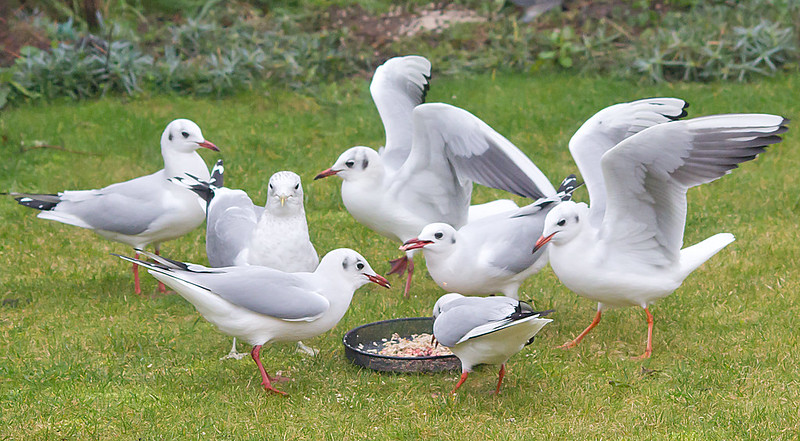
The Daily Telegraph reports gulls and feral pigeons can survive by scavenging from humans while other birds suffer from the loss of wild spaces. A poll by Gardeners’ World magazine found that sightings of some of Britain’s best-loved garden birds had dropped over the past two years, while readers were increasingly spotting the scavenging birds. While overall sightings grew by 11 per cent, the poll, which had 2,500 respondents, revealed that some birds were being spotted less often, including blackbirds, blue tits and sparrows.
Farmers lead plan to reintroduce white-tailed eagle to Norfolk
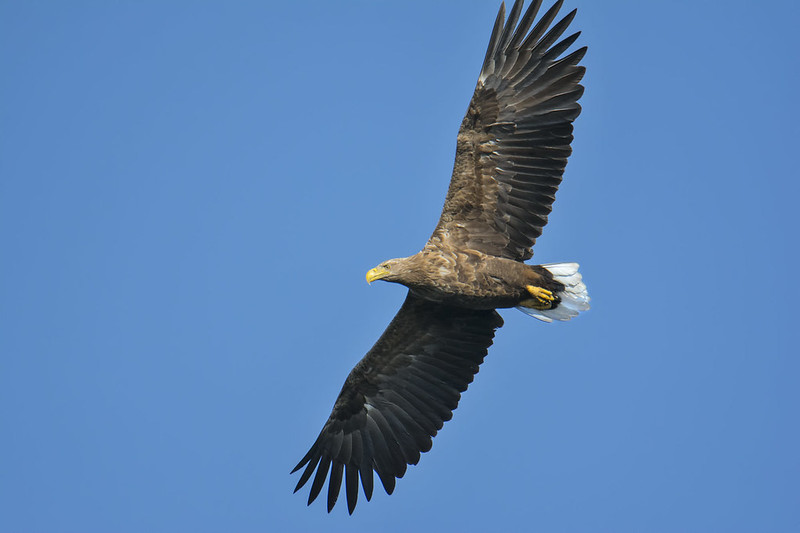
The Guardian reports consultation comes after the birds have been successfully rewilded in other parts of the UK. A consultation has been launched to reintroduce Britain’s biggest bird of prey to Norfolk in an unprecedented rewilding move led by farmers. Supported by other landowners in the region, a west Norfolk farm wants to release white-tailed eagles on to its coastal land, after the successful reintroduction of the birds in western Scotland and the Isle of Wight.
Pesticide set for return in UK despite EU ban ‘stops bees sleeping’
The Independent reports neonicotinoids, linked to collapse in insect pollinator populations, knock bees’ and flies’ behavioural rhythms out of sync. Almost all living creatures require sleep in some form to function properly, and insects are no exception. But new research warns exposure to a common insecticide, banned in the EU but set for reintroduction to the UK, impacts the sleep of bumblebees and fruit flies, and “may help us understand why insect pollinators are vanishing from the wild”.
Butterflies do not just clap their wings to fly, the insects form a ‘pocket’ that creates added jet propulsion, study reveals
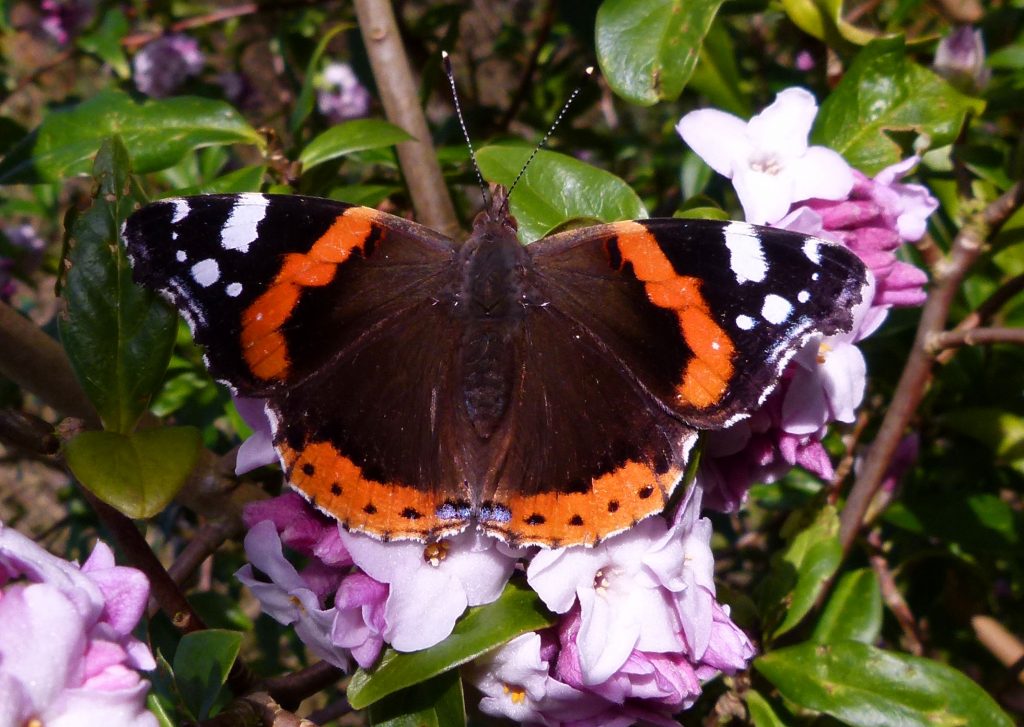
The Daily Mail reports butterflies flex their wings when they beat together to trap more air.Mechanical wings that flexed had more force and were more efficient than rigid ones.Researchers say the added thrust at takeoff helps the insects escape predators.Their findings may be helpful in improving the design of ‘flapping’ drones.
